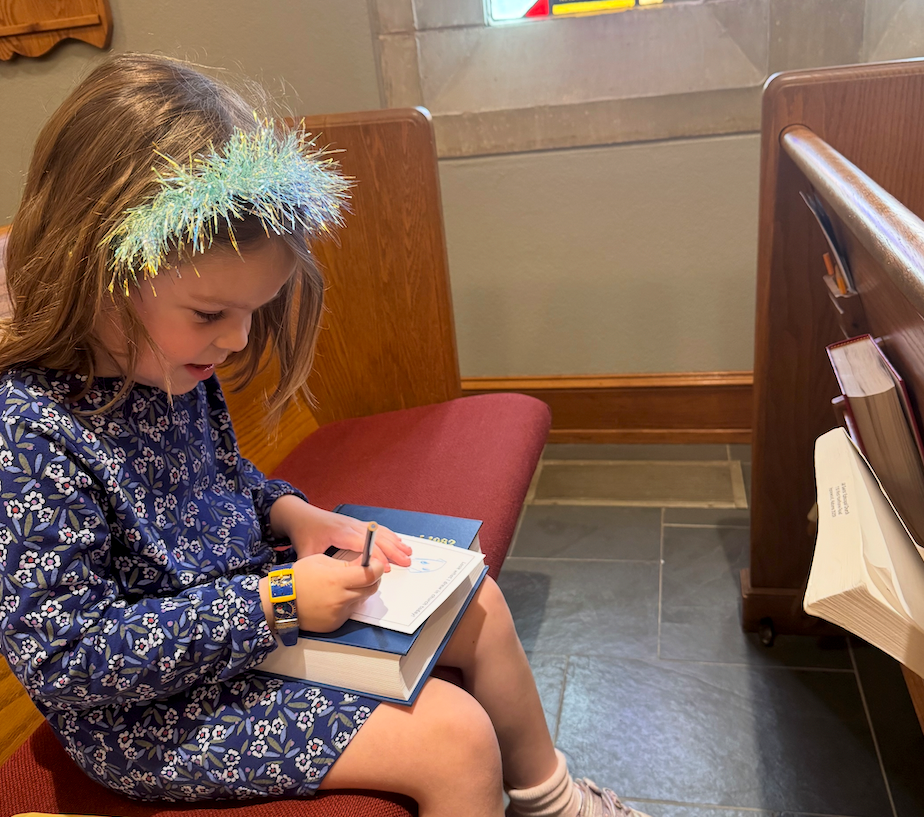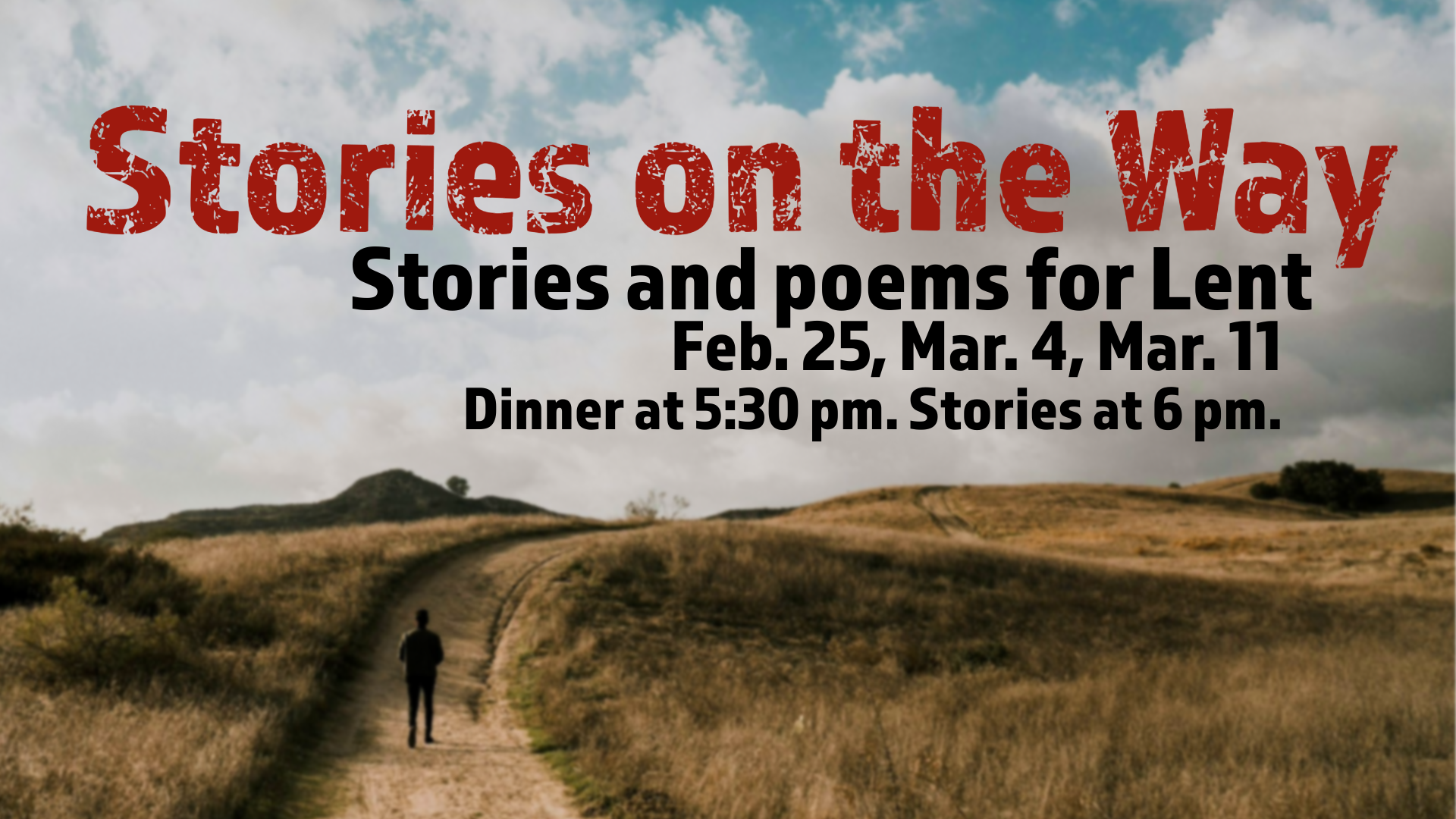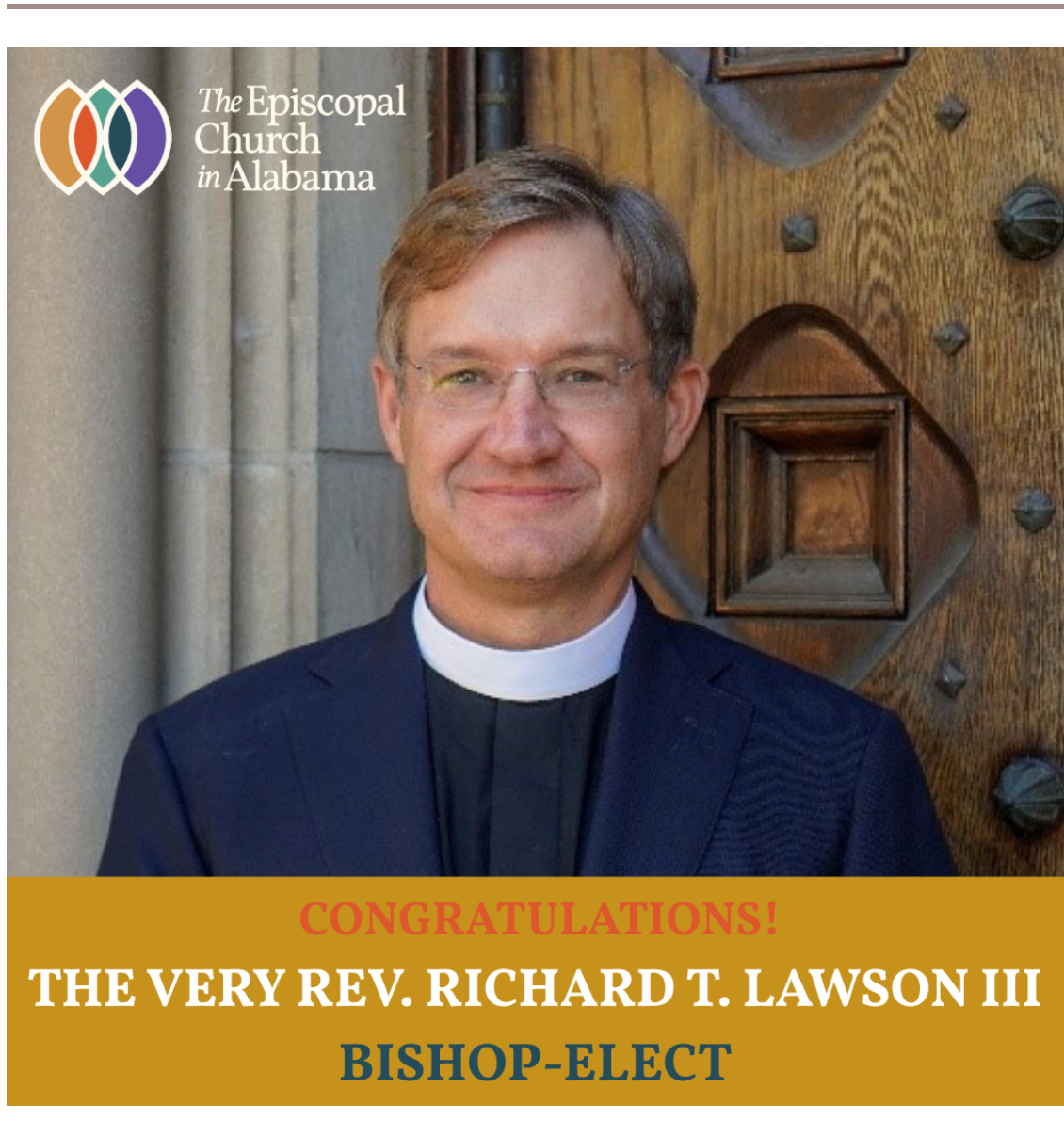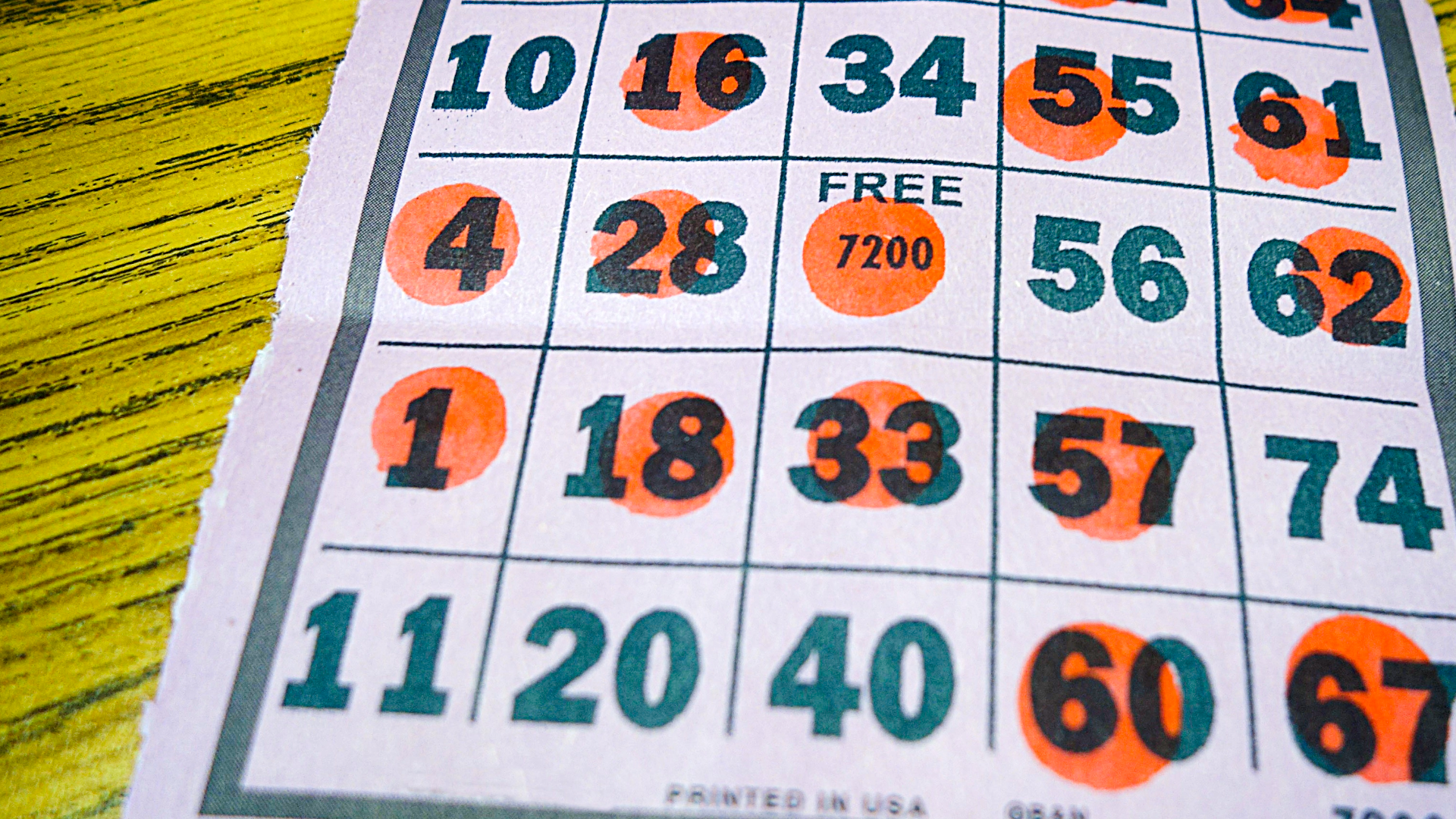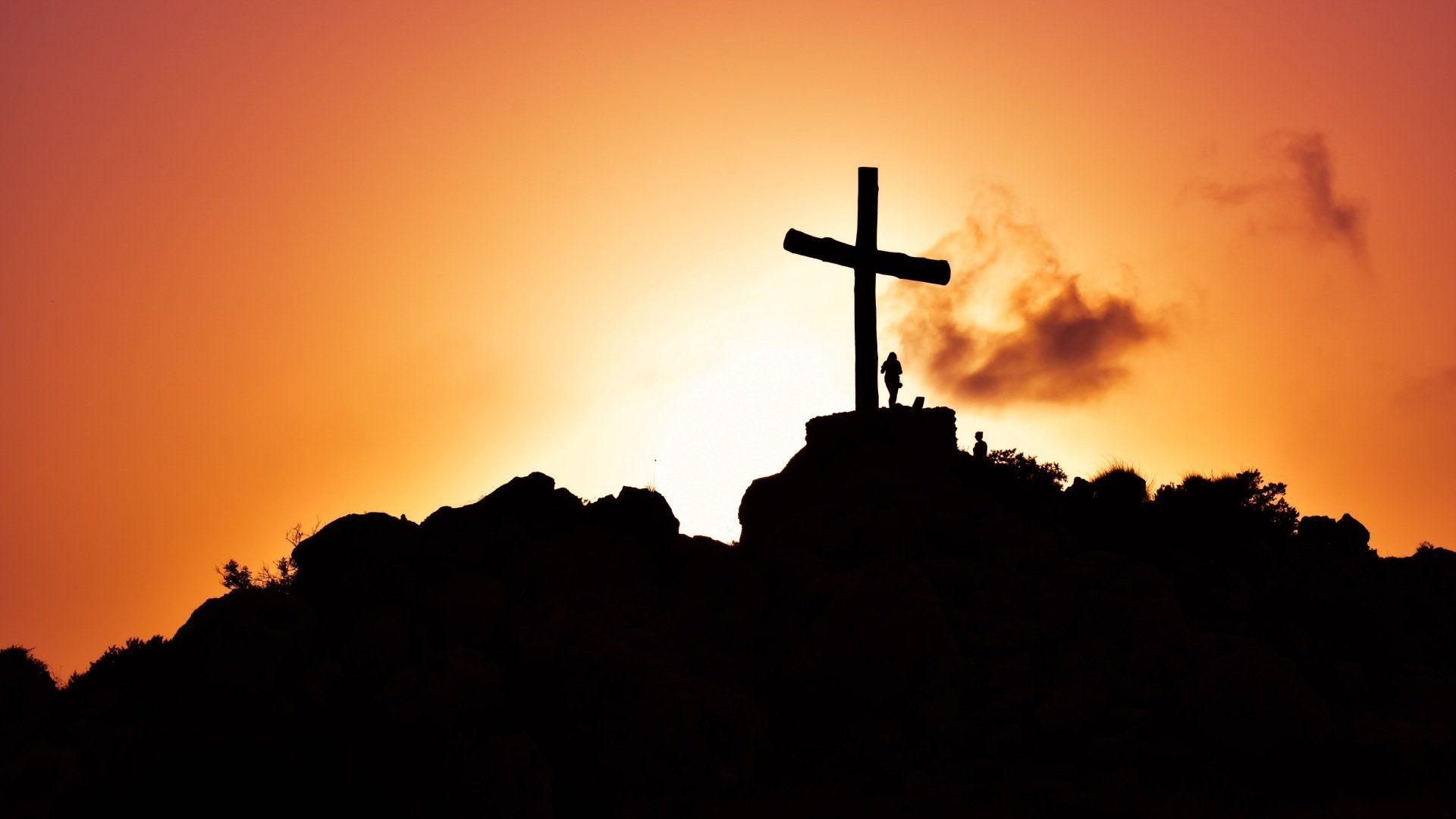Honor & Shame
The Rev. Charles Youngson
“Honor and Shame”
Luke 14:1, 7-14 Proper 17
12th Sunday after Pentecost, August 28, 2022
One day this week, I was at the church office when I started to feel hungry like I often do
midmorning. I walked into our staff kitchen and there on the counter was a bag of homemade
chocolate chip cookies. “The Lord has provided,” I thought, as I went to get a cookie or five or
six. Then I realized, “Charles, these cookies are not for you.” These cookies are for the Kairos
prison ministry. Members of All Saints baked them for men who never get cookies. You can
have cookies anytime. So, as much as I wanted one, I didn’t take those cookies. It would have
been wrong. Whatever fleeting enjoyment I would have experienced from eating them would
have been outweighed by my sense of shame for having taken a downtrodden man’s treat
away. Whatever you may think about these men and what they done to get there, they have a
tough life. Imagine trying to sleep in large bunkroom in a metal building without air
conditioning in the heat of the Alabama summer. And that’s just the beginning.
Jesus said, “Whenever you give a luncheon or a dinner, do not invite your friends or
your brothers or your relatives or rich neighbors, in case they may invite you in return, and you
would be repaid. But when you give a banquet, invite the poor, crippled, the lame, and the
blind. And you will be blessed because they cannot repay you, for you will be repaid at the
resurrection of the righteous.”
If you’re not familiar with Kairos, it is a weekend program of spiritual renewal for men
and women in prison. It comes out of the Cursillo movement. Members of various
denominations work together as a team to bring the light of Christ into a very dark place, a
place without much hope, a place with a lot of shame. The chocolate chip cookies are a big
highlight of the weekend and a bit of an incentive to get the participants to sign up. Some
would argue these men don’t deserve chocolate chip cookies. Many of them have done terrible
things. And that’s just it. They don’t deserve cookies, and that’s the point. The cookies are a
tangible sign of God’s grace, which none of us deserve. For as St. Paul writes, “all have sinned
and fall short of the glory of God” (Romans 3:23). All of us have done things of which we are
ashamed. And all of us have been made to feel ashamed by another person at some point in
our lives.
Today’s Gospel reading from Luke is all about honor and shame. Acquiring honor and
avoiding shame was an important aspect in the culture in which Jesus lived. You could be born
with honor or earn honor by doing something noble for your family, city, or country. You could
lose honor and gain shame by doing something foolish or detrimental to society. Honor and
shame are still very much at work in our own time and culture, though they take different
forms. Modern Americans tend to put more emphasis on individual achievements, self-esteem,
and personal growth, whereas in ancient times honor and shame were much more communal
in nature.
But we all know that painful feeling of shame. It’s the feeling of being less than,
worthless, like we’re two feet tall. It goes beyond temporary embarrassment. It sticks with you and is hard to let go of. And it is different from guilt, which is more the acknowledgment of having done wrong. Brene Brown is a bestselling author on the subject of shame and an Episcopalian (by the way.) She describes the difference between shame and guilt this way, “I believe that guilt is adaptive and helpful—it’s holding something we’ve done or failed to do up against our values and feeling psychological discomfort.” She goes on to say, “I define shame as the intensely painful feeling or experience of believing that we are flawed and therefore unworthy of love and belonging—something we’ve experienced, done, or failed to do makes us unworthy of connection. I don’t believe shame is helpful or productive. In fact, I think shame is much more
likely to be the source of destructive, hurtful behavior than the solution or cure. I think the fear
of disconnection can make us dangerous.”1 Perhaps honor and shame served a function in
regulating early human societies, but by the time of Jesus, people had gotten quite skilled at
using honor and shame to reinforce social hierarchies. Still today, honor and shame are how
we keep people in their place.
And knowing your place is a key theme in this reading today from Luke. Jesus is at a
dinner party at the home of a leader of the Pharisees. That may seem odd since the Pharisees
are usually his antagonists. But Jesus was not one to turn down a dinner invitation even from
those who were very different from him. Much of his ministry took place around a common
table. And so he ate with sinners, prostitutes, tax collectors, and other dishonorable people.
But he also ate with good religious folk, like the Pharisees. And we all know that then as now
who you eat with and where you sit at the table mean something. Like he often does, Jesus
makes use of the outward situation to teach a lesson with a much deeper meaning. First, he
addresses the guests. And then he addresses the host. To the guests who are trying to claim
the places of honor at the table, he tells a parable, more of a proverb really, on good etiquette
at a wedding banquet. It would be rude and presumptuous to sit at the head table without
being invited by the host. How shameful to be told, “Give this more distinguished person your
place. You go take the lowest place.” Much better to take the lowest place and be invited to
move up higher. That would be an honor. But this being Jesus, we know he is not just teaching
an etiquette lesson. There is a spiritual truth here as well. That’s why he goes on to say, “For all
who exalt themselves will be humbled, and those who humble themselves will be exalted.”
Then he takes it a step further and addresses the host. To him, he says, “Don’t invite
your family, friends, and rich neighbors, to your party. Invite the poor and disabled. They can’t
repay you. Instead, you will be repaid at the resurrection of the righteous.” Now, this is not
very good advice if you’re trying to get ahead in society. But it is wise counsel for those who
want to live by God’s standard of honor now and in the age to come.
You see, God has a very different set of values when it comes to honor and shame. In
God’s Kingdom, there is no social hierarchy. We are all brothers and sisters. We each have a
place at the table. And the table is round. No place is more honorable than another. God
doesn’t judge us by how much we have, how much we know, or how much we’ve
accomplished. God doesn’t judge us by who our family is or who are friends are. All of that
may be useful when it comes to getting by in this world, but it won’t matter much once our
time on earth is done. What will matter is the love we showed toward others, especially the
love we showed toward those who can’t give us anything in return: the least, the last, and the
lost.
Which takes me back to the cookies for Kairos. This weekend, for the first time since the
pandemic started, seven All Saints parishioners are going to prison. Frank Kimball, Carter
Laney, Charles McCalley, Hank Poellnitz, John Poole, Tom Richeson, and Danny Whitsett are at
Elmore Correctional Facility near Wetumpka to share the love of Christ with a group of men
who have very little honor and a lot of shame by the standards of the world. They will take
their place at the table with them as equals despite the long list of personal achievements and
honors these seven men have accrued during their lifetime. They will serve 500 dozen cookies
that you and other churches baked for the men in white. They will feel the support of countless
prayers that you all offered. This will be the 22nd Kairos at Elmore, and it’s fitting that All Saints
members make up such a large percentage of the staff since it was a Cursillo reunion group
from All Saints who brought the first Kairos to Elmore more than 15 years ago. It will no doubt
be a humbling experience, one in which our seven men will receive as much as they give. They
will see the humanity of these men.
They will recognize that, as Bryan Stevenson, author of Just Mercy and founder of the
Equal Justice Initiative down in Montgomery is known for saying, “each person is more than the
worst thing they've ever done.” You and I are more than the worst thing we’ve ever done, too.
We all have sinned, but we are all saints, doing our best to follow in the footsteps of Jesus. By
God’s grace we can let go of the shame this world uses to keep us in our place. We can instead
claim our inheritance as children of God and heirs of a kingdom that is eternal. We claim this
inheritance not by lifting ourselves up by our own bootstraps. We claim this inheritance by
letting our loving Father lift us up into his arms. It is in that embrace that we come to know and
feel that we are truly loved and accepted.
More Announcements

